The days are long gone when basements were those creepy, damp places where the bogeyman hid. These days, a basement can be a valuable asset to your home. Basement renovations can add extra living space to your home, but if you don’t do it right, remodelling this space can become more trouble than it’s worth. Before you call in the contractor, do some research and weigh your options so that you don’t go into such a huge project unprepared. Here are some common basement questions that will help you get started.
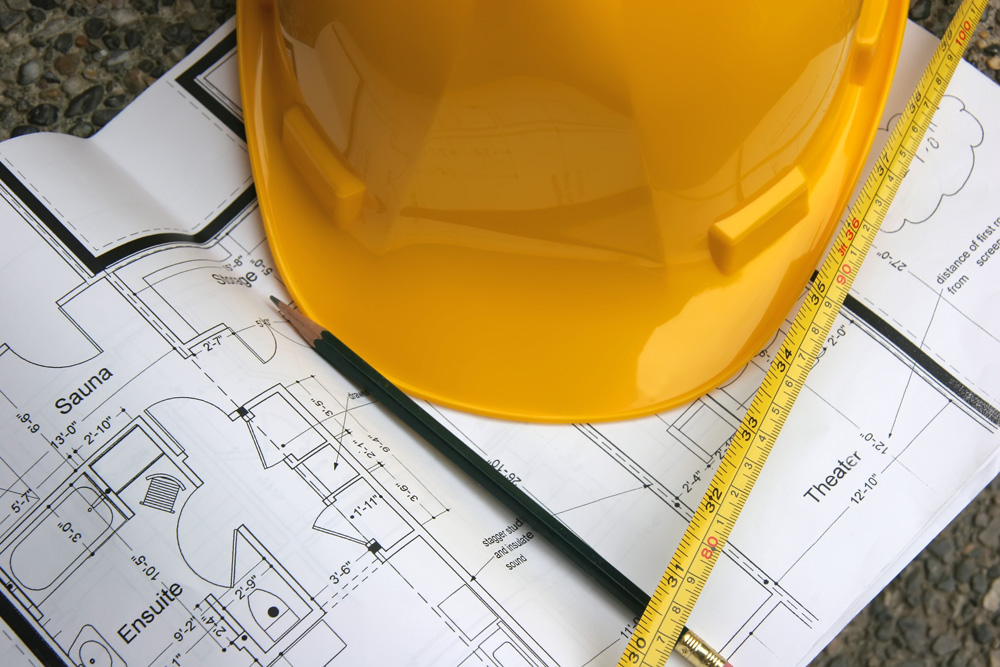
How Much Does it Cost to Lower a Basement?
Lowering your basement floor gives you extra headroom, since basements often have very low ceilings. There are many factors that can affect the cost of basement lowering, including the size of the space, how much you want it to be lowered, access to the site, landscaping, where you live and even the weather. As a ballpark figure, you can look at between $35 and $70 per square foot, according to RenoAssistance.
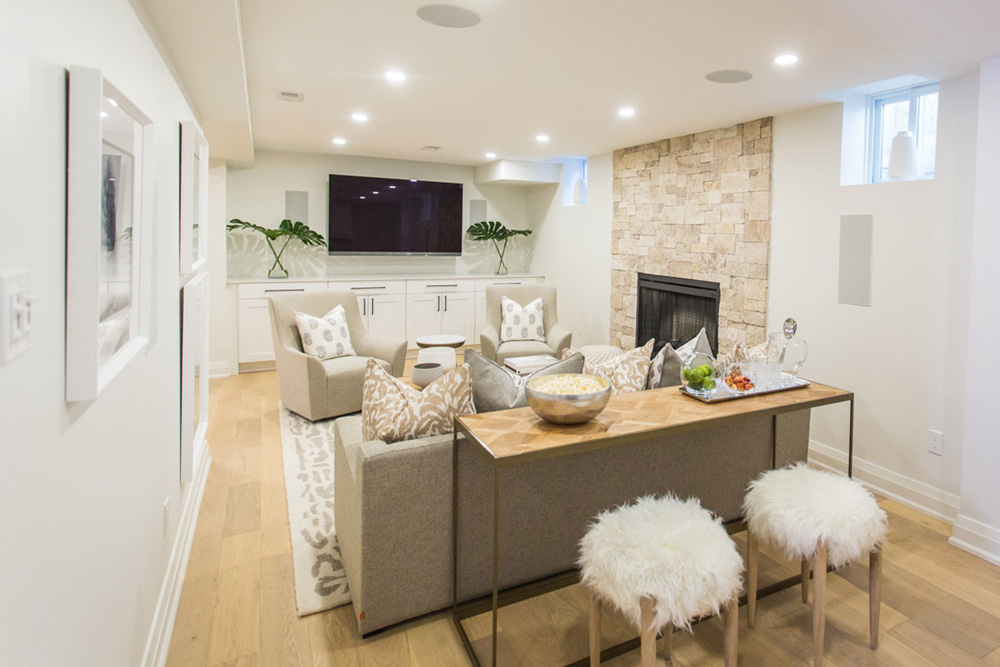
What Can I Do if I Can’t Afford Lowering My Basement?
Lowering your basement can be a costly and time-consuming undertaking. However, a low basement ceiling can make the space feel cramped. If you can’t afford lowering your basement, you can still create the illusion of more space, though. There are many simple, clever decorating techniques to hide a low basement ceiling.
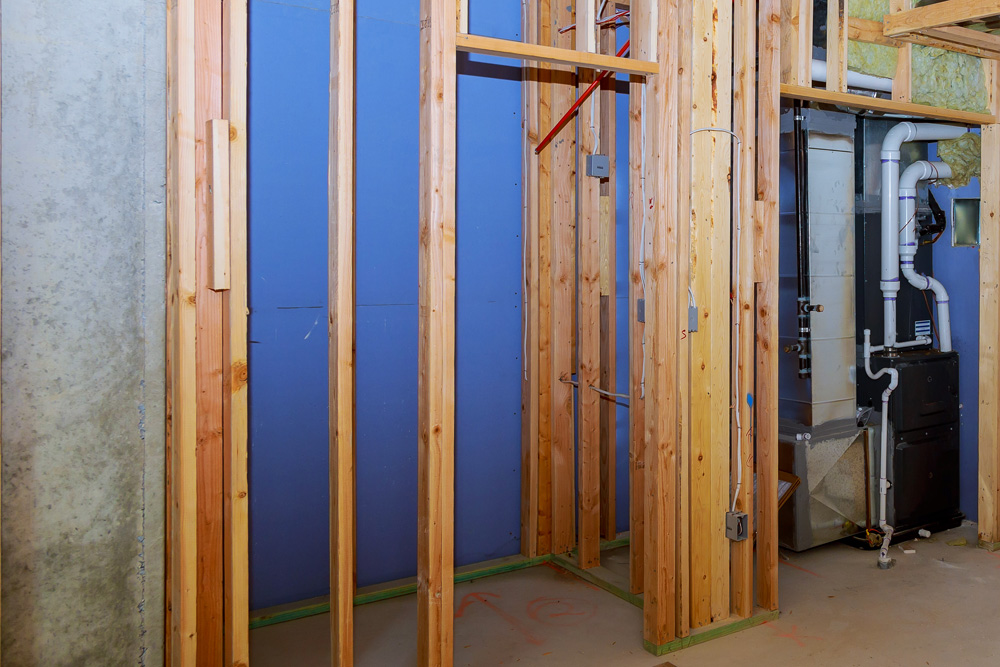
Do I Need an Architect for My Basement Renovation?
While you need an architect to design other additions to your home or to turn it into one of the greenest buildings in Canada, you don’t need one for basement remodelling. What you do need is a structural engineer. A structural engineer will consider the strength of the walls, the stability of the soil and what will be on top of your basement to ensure that it doesn’t collapse.
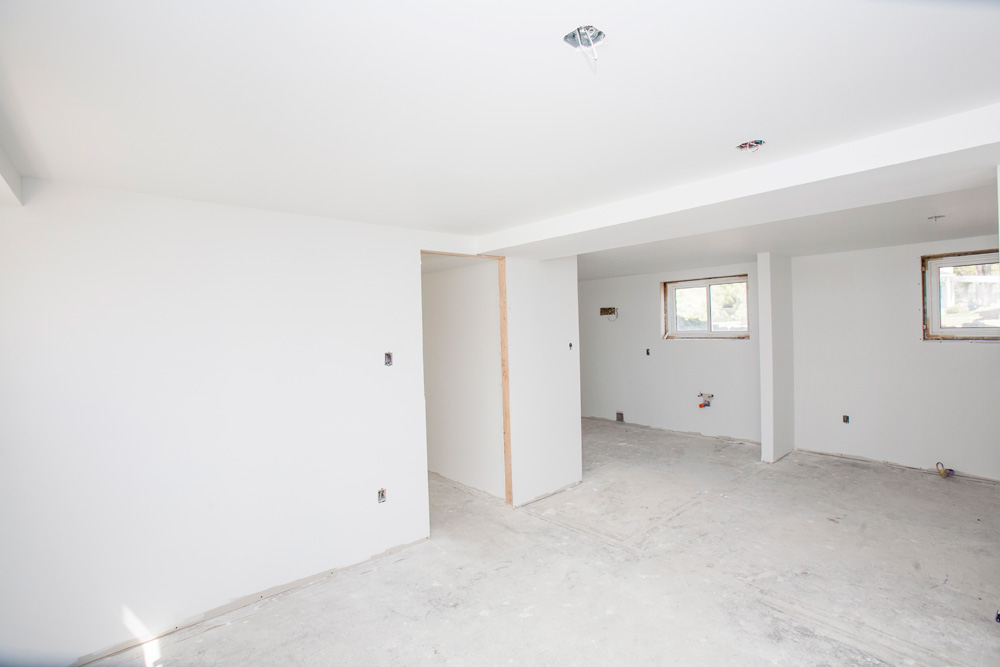
When is the Best Time to Finish My Basement?
Should you finish your basement before you move into your new home or should you wait until you’ve settled in? The simple answer is: it depends on your circumstances. If you’re not planning on living in the home for more than a few years, finish your basement sooner so that you can command a higher selling price. It’s also a good idea to get the project done before the bank closes out your loan and you have to cover the cost to finish basement with your own money.
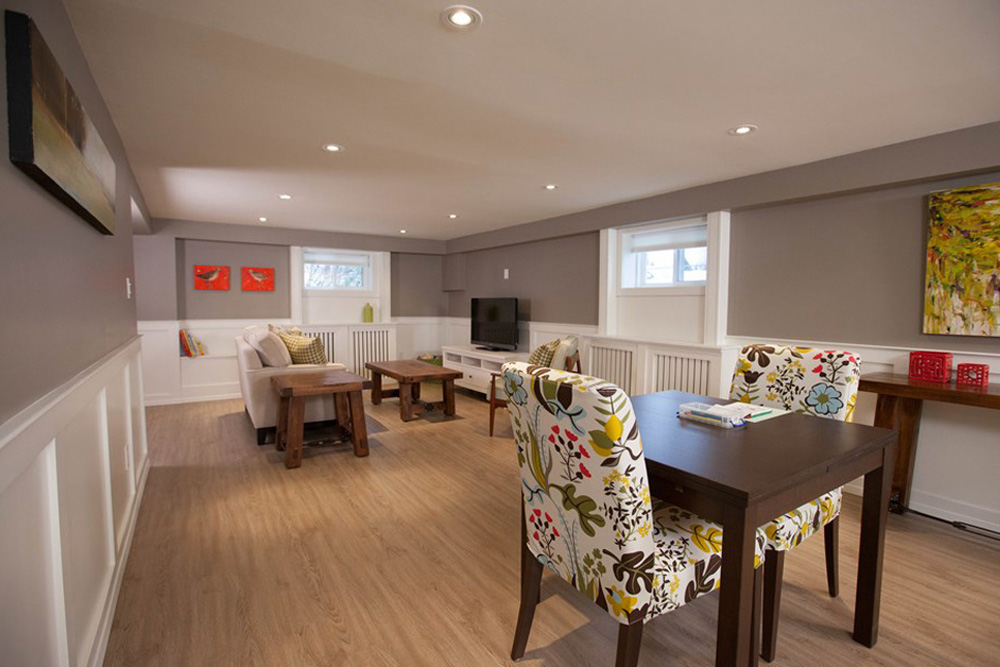
What is a Turnkey Basement Renovation?
A turnkey basement renovation involves stripping your basement back to its original state and then redoing it from scratch. In other words, the contractor removes walls, strips the flooring and so on, until you have what is essentially a blank canvas. Now you can add everything you want: from new walls and floors to cabinets and proper insulation.
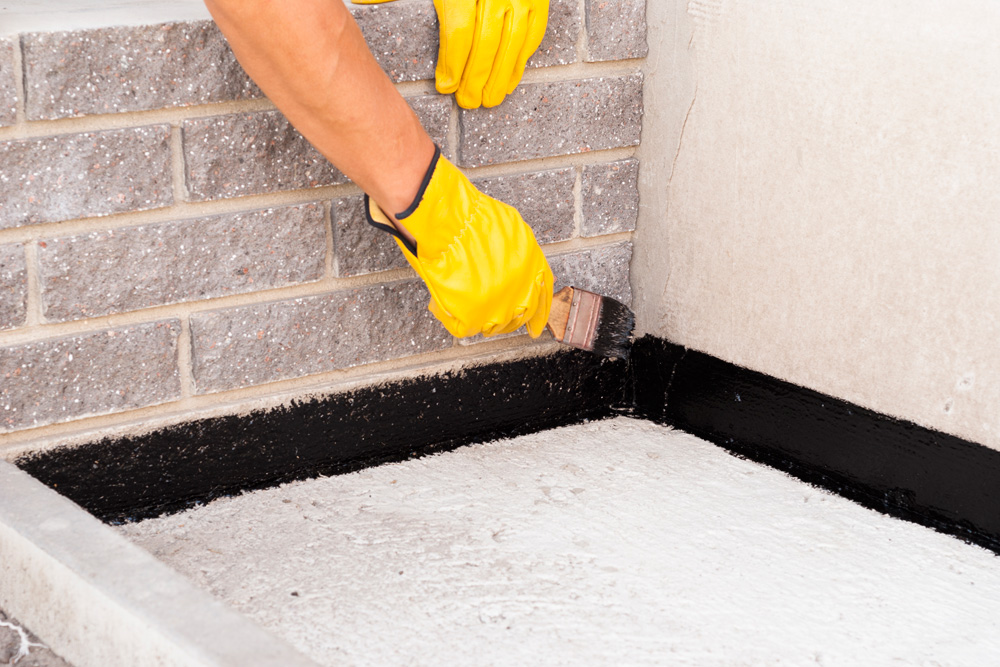
Why is it Important to Have My Basement Waterproofed?
Your basement is much more susceptible to flooding and dampness than other rooms in your home. This is because it is surrounded by soil on every side except the top and there is almost always moisture present in the soil. Basement waterproofing is extremely important because it prevents leaks and dampness that can cause mould and weaken the structure.
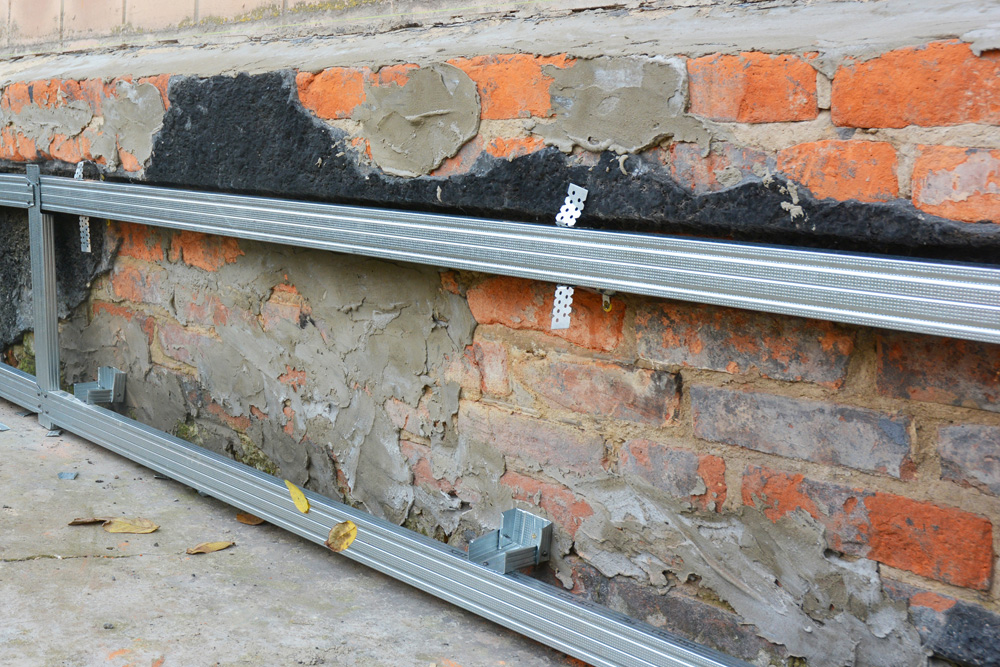
When Should I Have My Basement Waterproofed?
If your basement shows signs of leaks or dampness, you should have it waterproofed without delay. However, prevention is better than trying to cure the problem, so if you’re constructing a new basement, consider having exterior waterproofing done at the same time. Exterior waterproofing involves excavating the soil around the basement walls all the way down to the foundation, so you’ll save yourself a world of trouble if you do it while the soil is excavated for construction anyway.
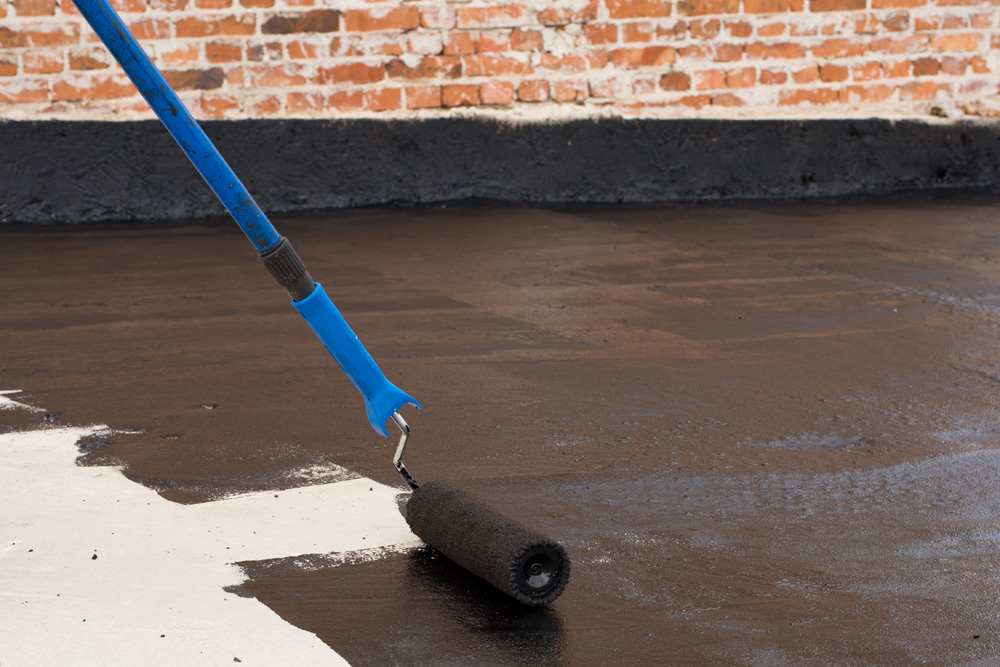
Can I Waterproof My Basement From the Inside?
While exterior waterproofing is the most effective way to prevent leaks, you can also waterproof your basement from the inside. There are different ways to do this, including concrete waterproof coatings, waterproof paint, plastic sheets and panels and silicate-based concrete sealers.
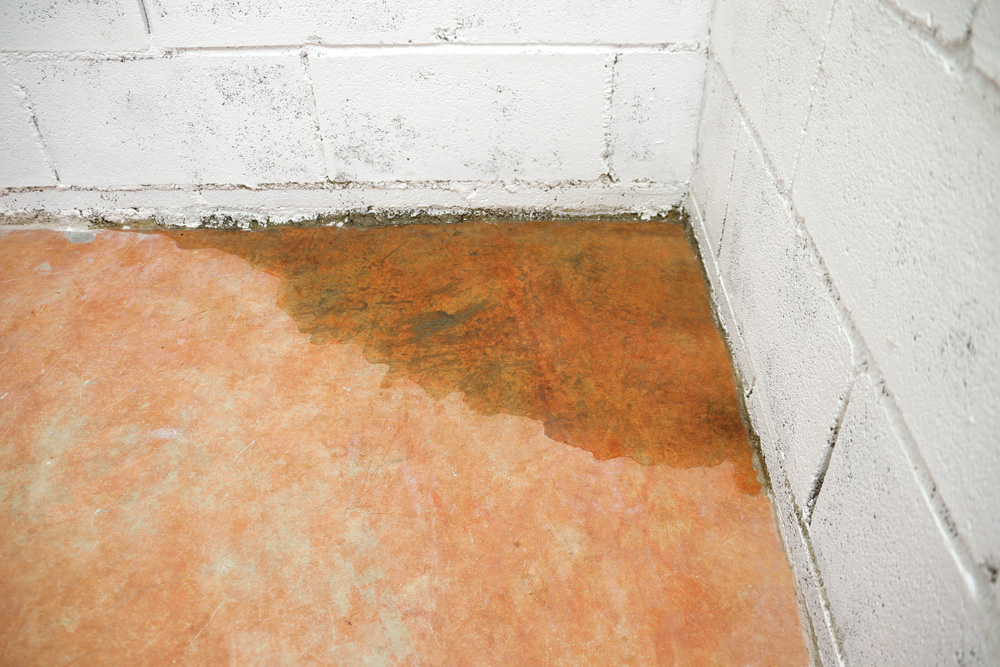
Why Does My Basement Develop Leaks Over Time?
Even if you’ve had your basement waterproofed right from the start, leaks can appear over time. The reason is that as the walls and floors settle, cracks can appear in the waterproof coating.
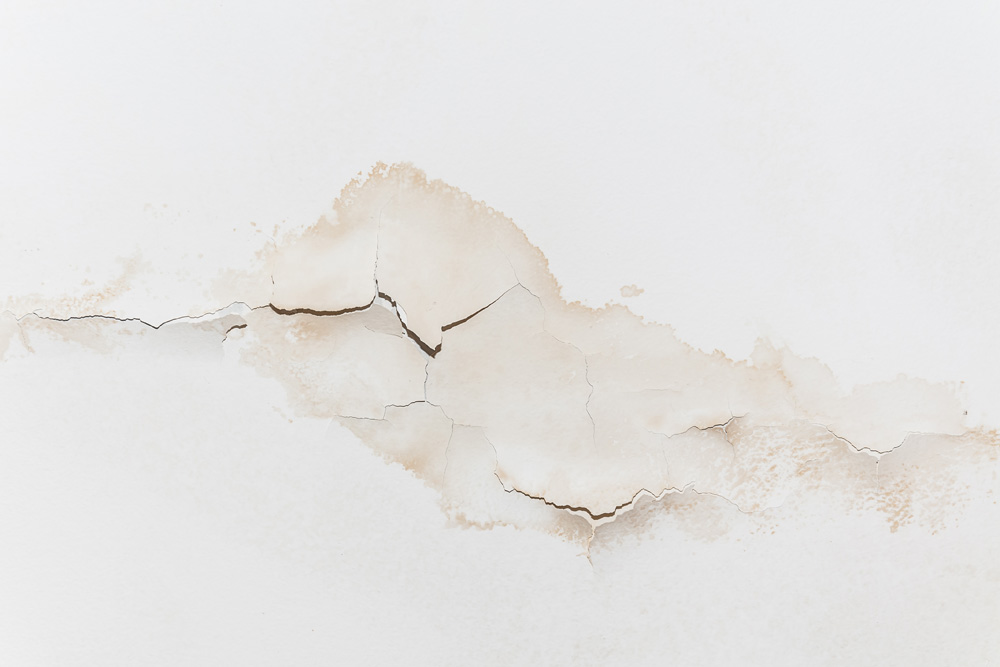
Why Are There Brown Stains on My Basement Walls?
Brown stains on your basement walls are a sign of a leak somewhere. The brown comes from acid damage. As water leaks into the walls, it brings with it acid from the soil around the basement. When this happens, the acid can deteriorate your basement walls, so you need to find a fix sooner rather than later.
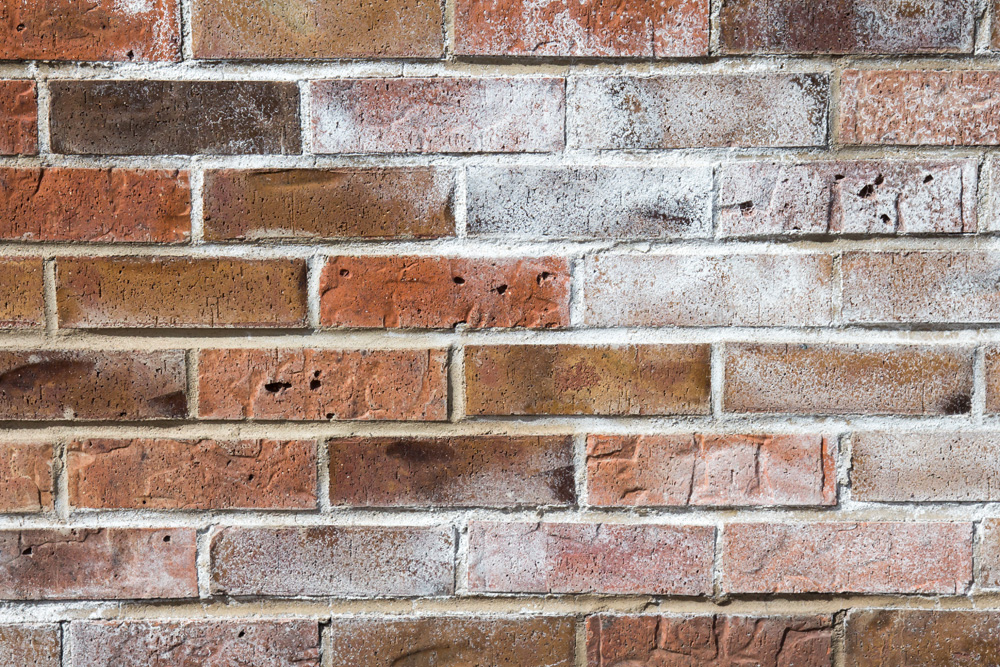
What is the White, Chalky Stuff on My Basement Walls?
Sometimes a white, chalky substance may appear on your basement walls. This is called efflorescence and is the result of a chemical breakdown of the bonding agent that holds your walls together. This chemical breakdown is caused by water in the walls, so if you see that chalky substance, you’ll know that there is a leak that needs fixing.
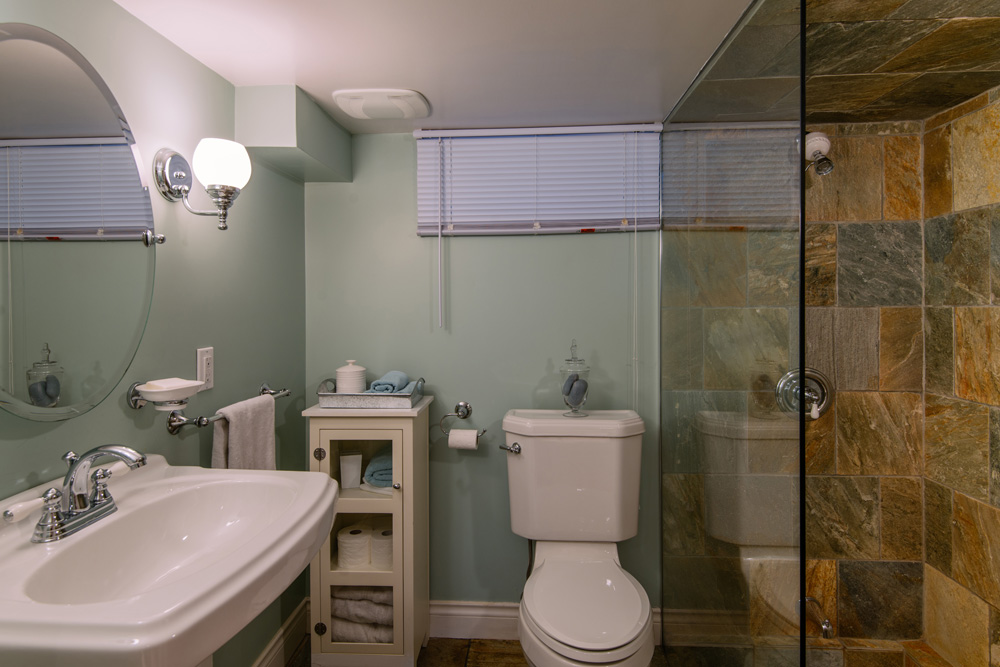
How Much Will it Cost to Add a Bathroom to My Basement?
Adding a bathroom is one of the clever ways to increase the value of your basement. How much this will cost depends on a number of factors, from the way your house is built to the materials you want to use. Adding a bathroom if your basement has never had one may also mean demolishing part of the foundation to get the pipes through. Basically, you can look at forking out between $8,000 and $15,000 for a small bathroom in your basement, according to RenoAssistance.
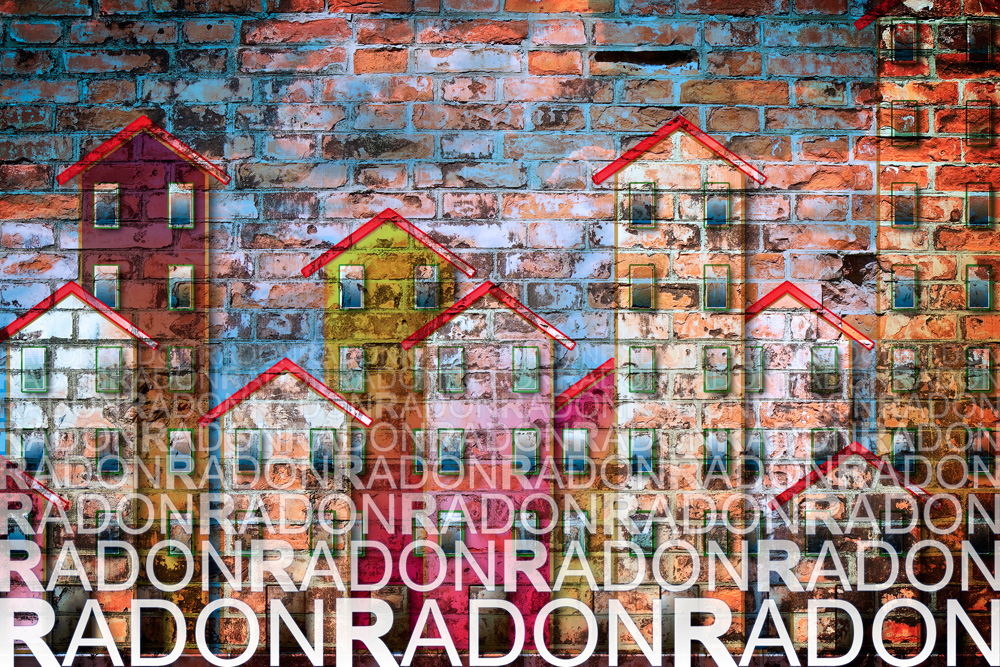
Is it True That Radon Gas Can Seep in Through the Basement?
Radon gas occurs naturally in the soil throughout Canada. This radioactive gas can rise from the soil and seep through your basement’s foundation and walls. If you inhale radon over time, it can cause health problems like cancer.
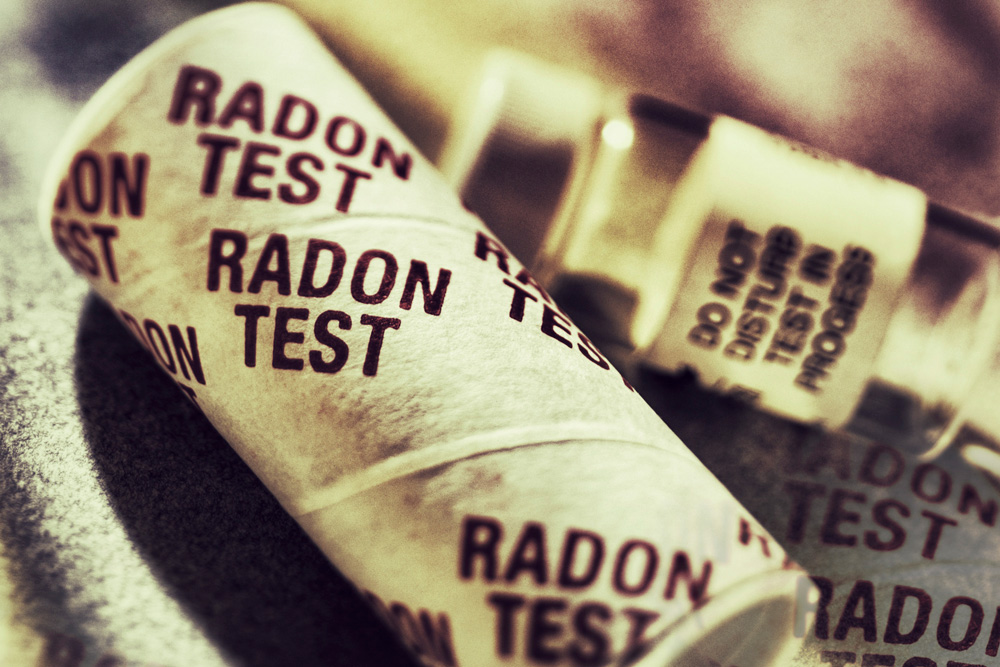
How Do I Know if There is Radon Gas in My Basement?
Radon gas is colourless and odorless, so you can’t see or smell it. The only way to know if the radon levels in your basement are unsafe is to have them tested. You can call in a professional tester to do this for you or you can go the DIY route with a radon-testing kit. Take Action on Radon has a handy list of test-kit providers in Canada.
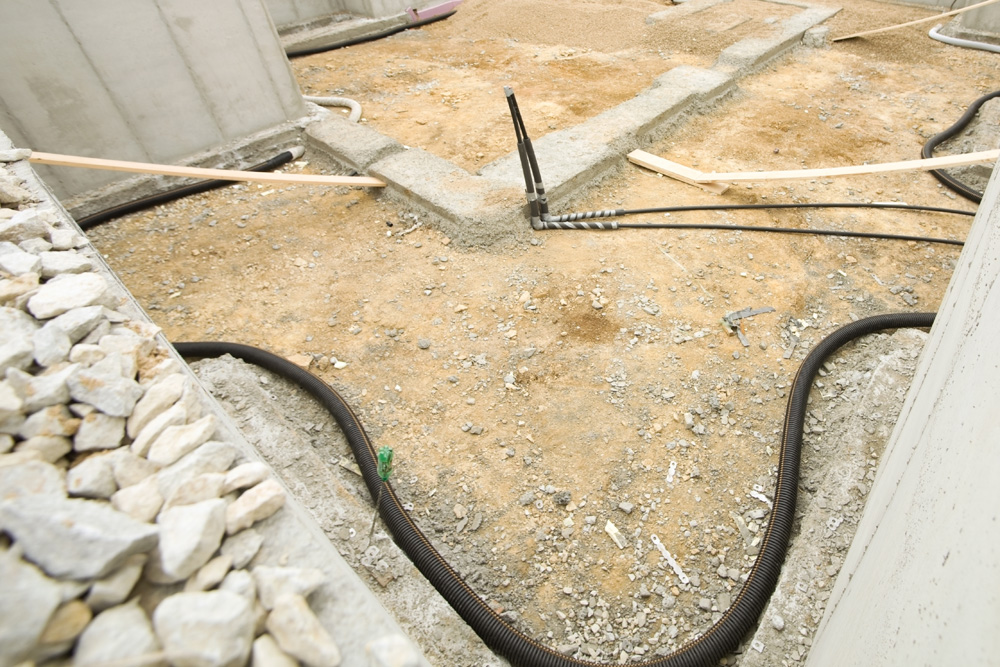
What Should I Do if the Radon Levels in My Basement Are Too High?
Because radon can pose serious health risks, you need to take action immediately if you find that the radon levels in your basement are too high. There are different radon reduction systems that you can have installed in your basement. To find out which you should use, it’s best to speak to a professional, certified radon mitigator.

How Important is Pest Control in My Basement?
You know all about the things that attract bad bugs into your house and yard and are doing everything you can to keep those pests out of the kitchen. But what about your basement? A damp, dark, warm basement is the perfect place for pests to hide and breed. From here they can make their way up to the rest of your house. So, you need to get rid of pests as soon as you see signs of them being present in your basement.
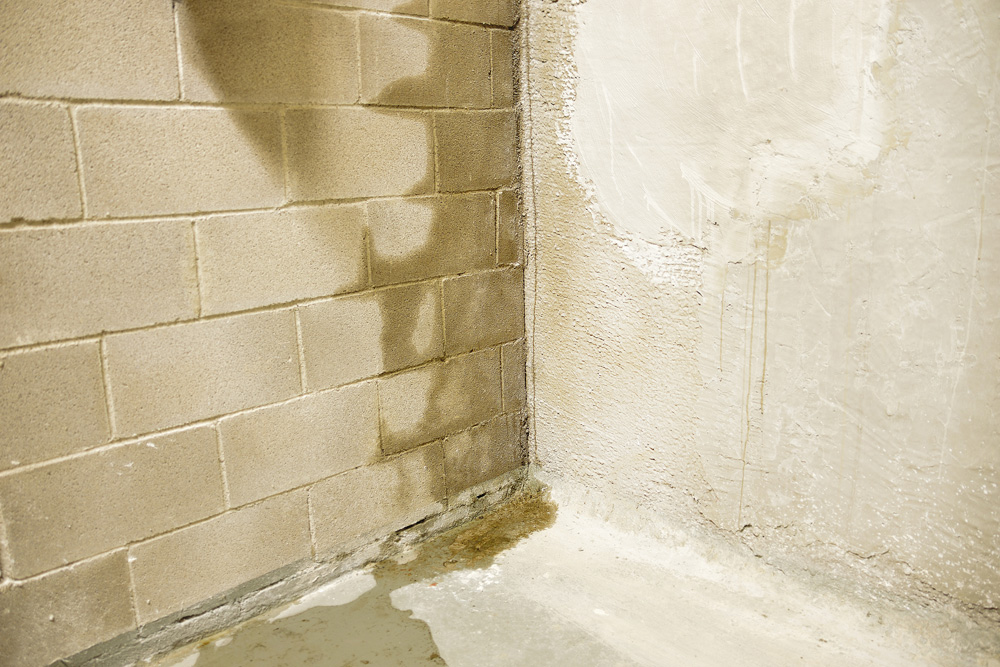
Why Are My Basement Walls Bowing?
Bucking and bowing basement walls are one of the most common basement problems. This happens when cracks appear in your basement walls and you’ve waited too long to fix them. To fix bowing basement walls, you normally need a wall anchoring system.
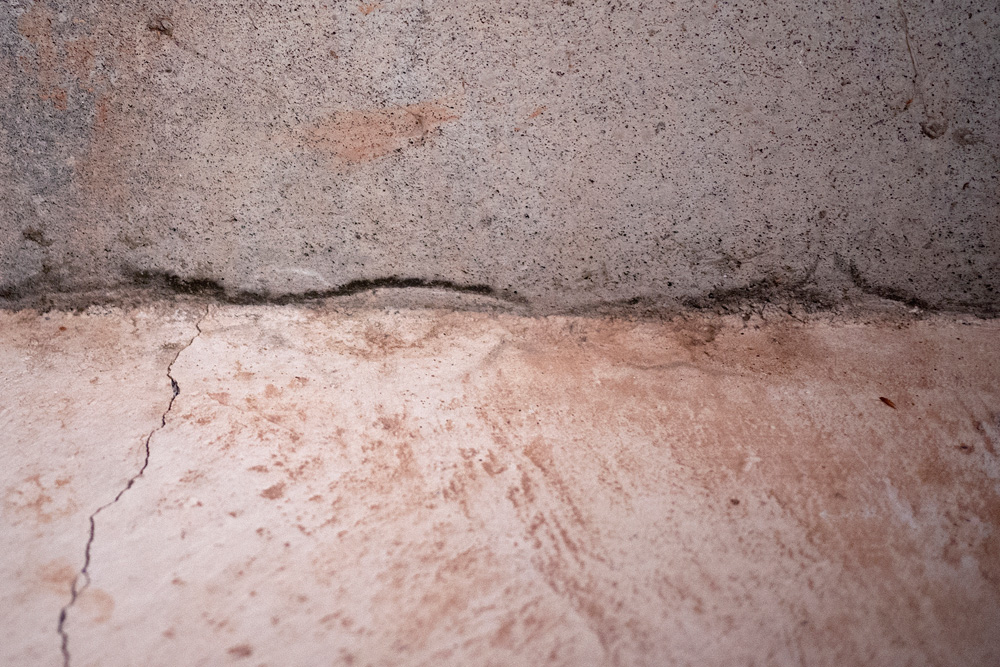
Why is My Basement Floor Sinking?
A sinking basement floor is the result of soil eroding underneath the foundation. The soil normally erodes due to water. When this happens, there’s very little to support your foundation. As soon as you notice your basement floor sinking, you need to get a professional to assess the situation and come up with a solution for you.
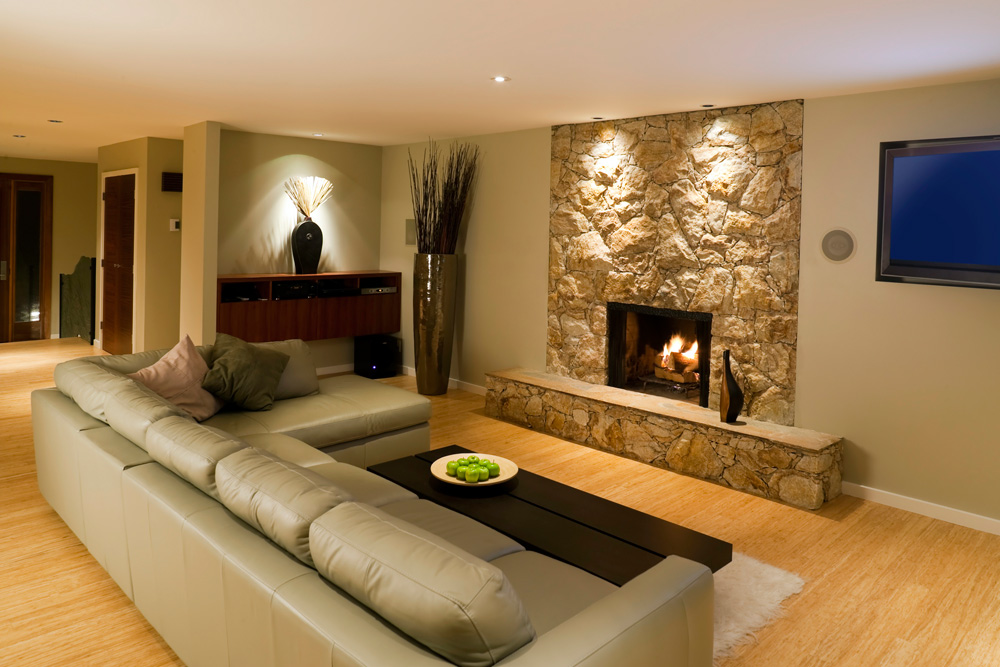
What Can I Do About My Dark and Gloomy Basement?
With their low ceilings and lack of windows, basements tend to be dark and gloomy. The obvious solution would be to have windows installed where you can. These can also act as an escape route in case of emergency. However, if you don’t have the funds for this kind of basement renovation, there are cheaper, easy ways to brighten up a dark basement too.

Do I Need Lots of Money to Give My Basement a Makeover?
Extensive basement renovations can be very pricey (the average cost to finish basements is around $30K). However, just because you don’t have the money doesn’t mean you should make peace with using your basement only as a storage space. A few simple additions like plants or room dividers can make a world of difference. You can even give your basement a makeover for under $100.
Home Network your inbox.
By clicking "SIGN UP” you agree to receive emails from Home Network and accept Corus' Terms of Use and Corus' Privacy Policy.




